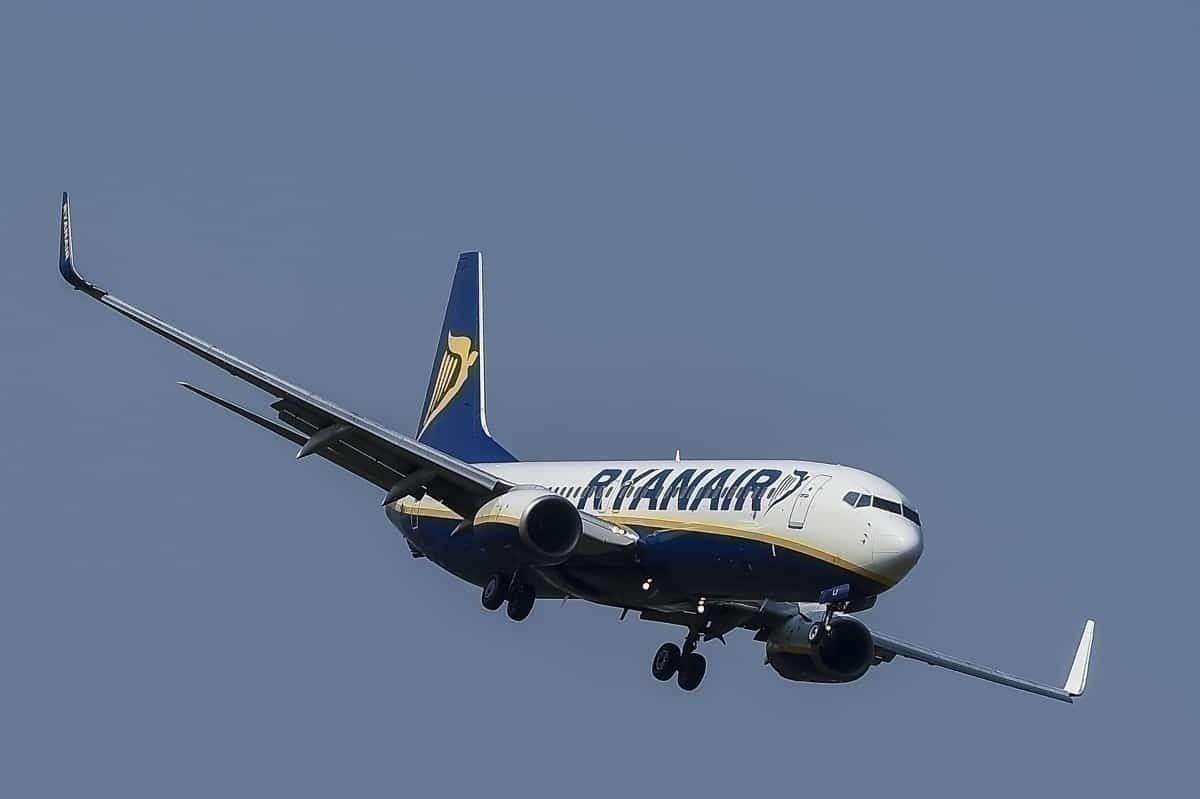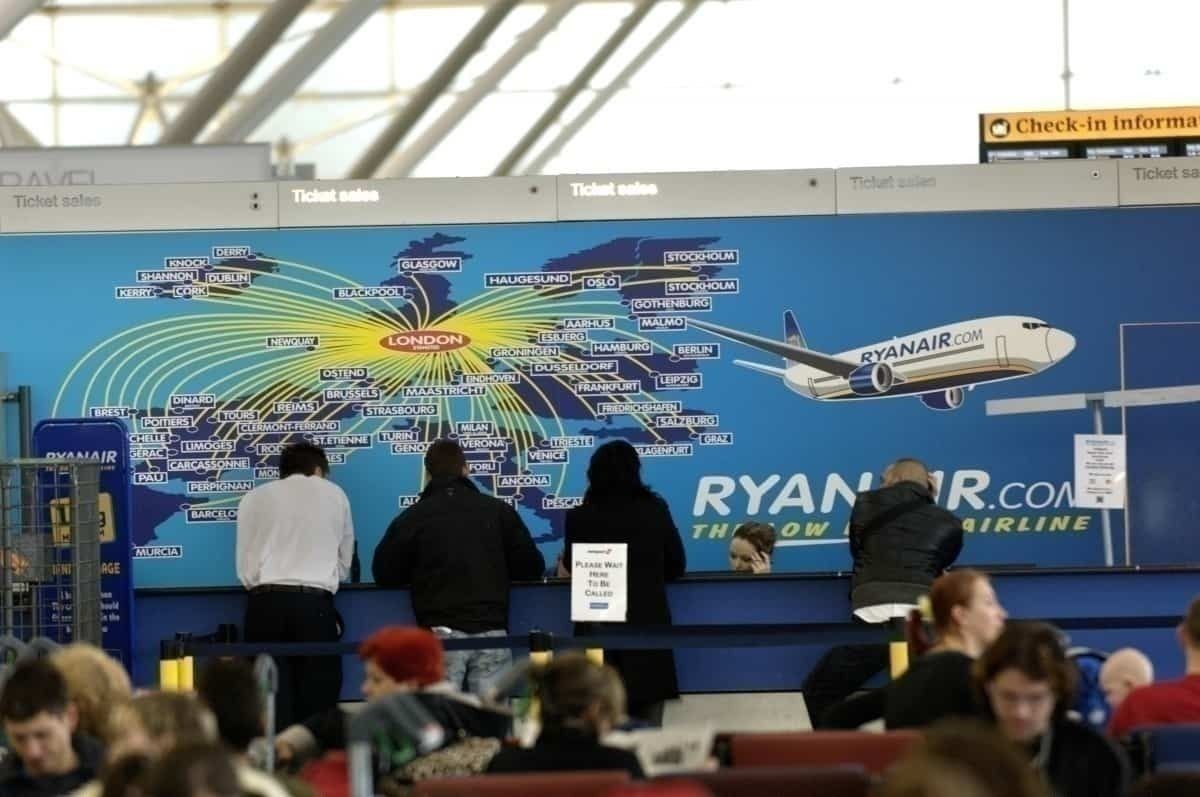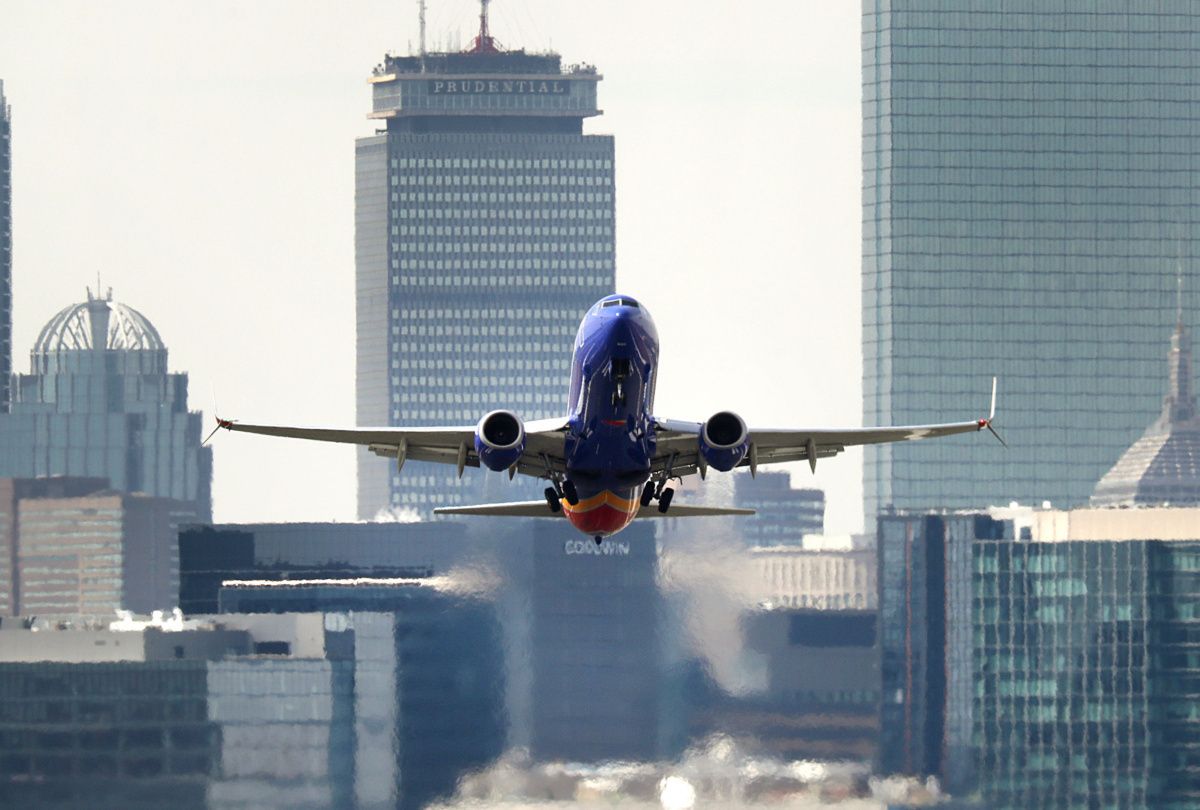With airlines waiving change fees due to the coronavirus, free flight alteration has become the new norm. Is it set to last? Will the current situation oust change fees forever? Here's what we think...
For many cash-savvy passengers, waived change fees have been a good thing to come out of the aviation industry. It means passengers risk losing money when they book their holidays. In light of the current climate, many of the world's airlines have now decided to cut change fees to help their customers and promote an increase in travel demand. It's a strategy for an unprecedented time, but will it outlast the pandemic?
Why do airlines have change fees?
The rationale behind change fees is simple. When a passenger wishes to alter their flight or cancel altogether, it gives their airline some kind of cash assurance. It means that airlines can cover the cost of rebooking. However, it also allows the airline some flexibility when it comes to selling that particular ticket again.
If another passenger does not buy the ticket, without change fees, the airline will lose money. By collecting a fee from the initial passenger, it is less vital that the airline sells the seat. Of course, filling aircraft to capacity is a priority, but with last-minute cancellations and changes, it might not be that viable.
For a long time, change fees have been part of the normal booking process and are present outside of the aviation industry. Yet, due to the coronavirus, these alteration penalties have been temporarily removed. The reason is that in these unprecedented times, passengers feel more comfortable booking their next flight, and airlines can help to protect their passengers against unforeseen circumstances.
Are free cancellations and alterations helping?
One airline is keen to test out the theory that free ticket alterations may help revitalize travel demand. Earlier this week, Ryanair announced that it would be removing its change fees until October. In a statement on July 17th, the airline said,
"As the holiday season will be prolonged this year, customers can now plan a well-deserved break knowing that flights in July, Aug, and now Sept can be moved without any flight change fee if their travel plans change."
The low-cost carrier hopes that the initiative will give customers confidence in their booking. Removing change fees certainly eradicates some of the uncertainty of booking a flight in these times, and it's likely that Ryanair, and other carriers doing the same, will win some custom from it. But can it last?
One consideration is that airlines like Ryanair are only offering passengers to rebook within a specific time frame. Any passengers who book flights with Ryanair in September will have until December 31st, 2020 to change their flight without a charge. With the fear of a second wave looming, passengers may not take up this opportunity. While it does afford would-be holidaymakers and business travelers some kind of flexibility, does it give them enough?
When will change fees come back?
As much as airlines want to protect their passengers, change fees protect the airline's operation. As evidenced by the pandemic, airlines operate on very thin profit margins and not a lot of cash flow. Change fees, though they bring in comparatively small sums of money, are one way for airlines to protect themselves in the future.
That said, waived change fees certainly make airlines like Southwest stand out. They claim that they will never change for altering bookings.
Waived change fees certainly demonstrate that the airline industry is moving with the times, but this may not last forever. Now is certainly not the time to start charging passengers to change their flights. Anything that deters passengers from flying right now is not the best option. However, this author believes that change fees will return at some point. When demand picks up, you can expect to pay your change fees once again.
Do you agree? Let us know your thoughts in the comments.




